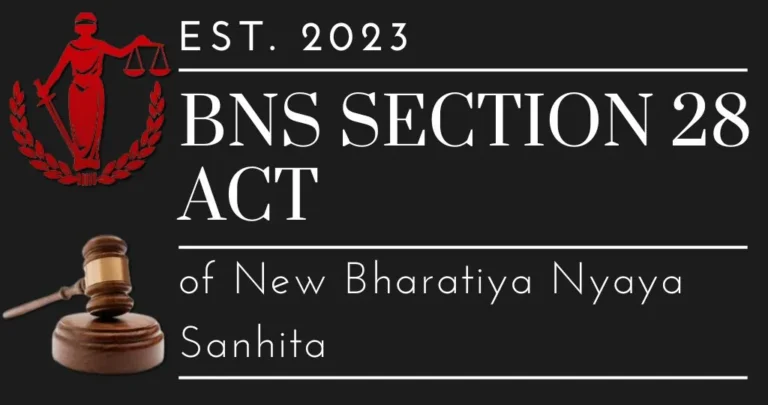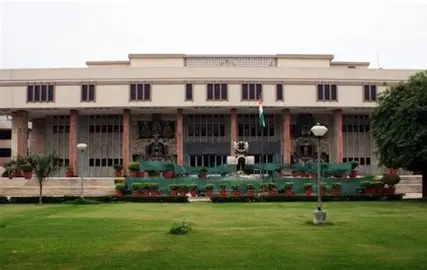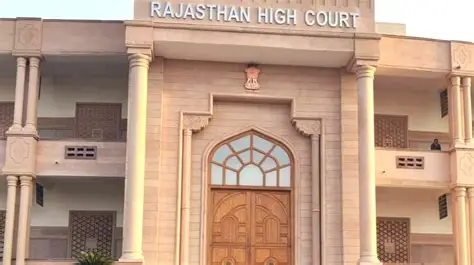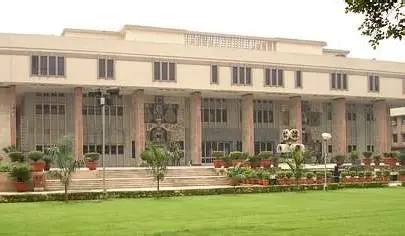
Section 19 of the Bharatiya Nyaya Sanhita, 2023: Actions Taken to Prevent Greater Harm
Overview
Section 19 of Bharatiya Nyaya Sanhita, 2023 elucidates that sometimes an individual may do something likely to cause injury, but when done in good faith and with no criminal ind, the action is not regarded as a crime. The law aims to defend individuals who make necessary efforts so that a greater harm does not befall, even if such actions are associated with some harm or risk.
Essential Principles of Section 19
Fundamentally, this section is concerned with the principle that the motive behind an act is important. If an individual acts in good faith and only to avoid a greater damage to life or property, he is covered by this provision. The law recognizes that during emergency situations, an individual may be forced to select an option that poses some risk of harm, but provided the act is done without any intention to cause harm, it is not criminal. This stance emphasizes the significance of good faith and lack of malicious intent in determining the legality of acts done during emergencies.
For More Updates & Regular Notes Join Our Whats App Group (https://chat.whatsapp.com/DkucckgAEJbCtXwXr2yIt0) and Telegram Group ( https://t.me/legalmaestroeducators )
For More Updates & Regular Notes Join Our Whats App Group (https://chat.whatsapp.com/DkucckgAEJbCtXwXr2yIt0) and Telegram Group ( https://t.me/legalmaestroeducators ) contact@legalmaestros.com.
Real-Life Illustrations
Suppose that a building is burning and a child is inside. A rescuer understands that forcing open a door will damage it, yet the rescuer decides to break in to rescue the child from the flames. The rescuer’s motive is not to be a vandal, but rather to avoid a disaster. In another case, imagine a flood that will destroy a neighborhood. An individual may choose to break part of a wall so that floodwater can escape and save houses around it. In both cases, the people concerned realize that what they are doing could lead to harm, but their purpose is only to avert a much larger loss, illustrating the defensive intent of Section 19.
Judicial Considerations
When such instances are taken to court, judges are very cautious and review the situation to establish whether the action was actually taken in good faith. The courts examine the immediacy of the danger, proportionality of response, and general purpose of the act. If it is established that the individual acted in genuine necessity to avoid serious harm and lacked any criminal intent, the law protects them from punishment. This legal system makes sure that the reaction to an emergency is evaluated on its merits and intentions and not based on the outcome alone.






